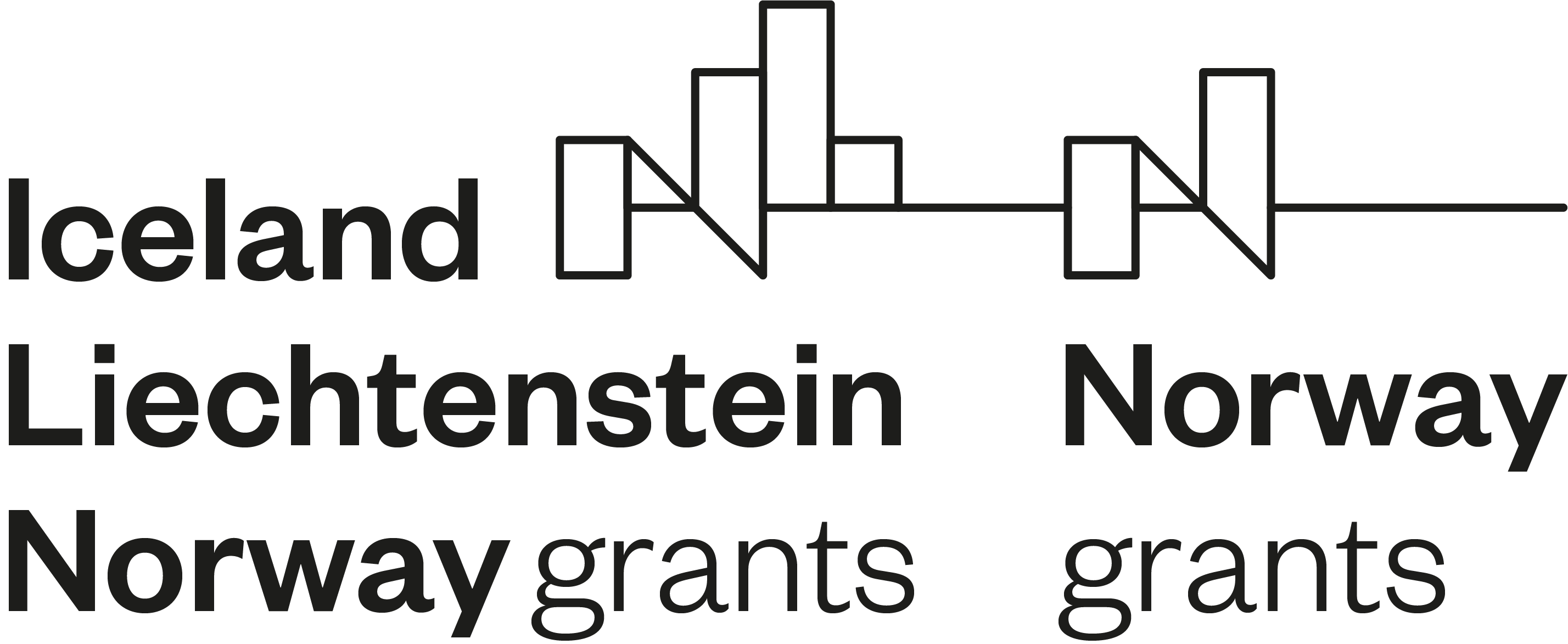Newsroom

Recent news
Events
Transnational thematic workshops
HOPE organised 8 transnational thematic online workshops targeting the Balkan countries involved in the project consortium, namely Romania, Serbia, Bulgaria and Slovenia.
These workshops explore a topic to be determined in the project’s field, exploring theoretical and practical content, being the materialisation of HOPE’s network that supports continuous training, sharing of information and experience on the topic of P/CVE within the Balkan area – The Balkan, Southern and Eastern European learning hub on Radicalisation.
HOPE Regional Talks
The HOPE Regional Talks give voice to the initiative’s network organisations to enhance knowledge-sharing and contributing to understanding of their particular realities in the scope of radicalisation prevention.
Professionals working in community organisations, prisons, and probation are invited to participate in a collective discussion about the challenges of (re)integration and rehabilitation in the Balkan region.
National dissemination workshops
The national dissemination workshops played a central role in achieving high visibility for the HOPE project outcomes.
They took place in all partner countries, involving relevant stakeholders, namely policy and decision makers, prison and probation staff, community organisations’ staff, judicial staff training providers, academics/researchers, governmental actors, and practitioners from relevant civil society organisations and non-governmental agencies.
Final public International Conference
The project’s closing event took place in Lisbon (Portugal) gathering more than 50 participants to disseminate HOPE’s final products and results amongst various relevant international stakeholders (prison/probation staff, community organisations’ staff, policy/decision-makers, academics/researchers, local/regional/governmental actors).











